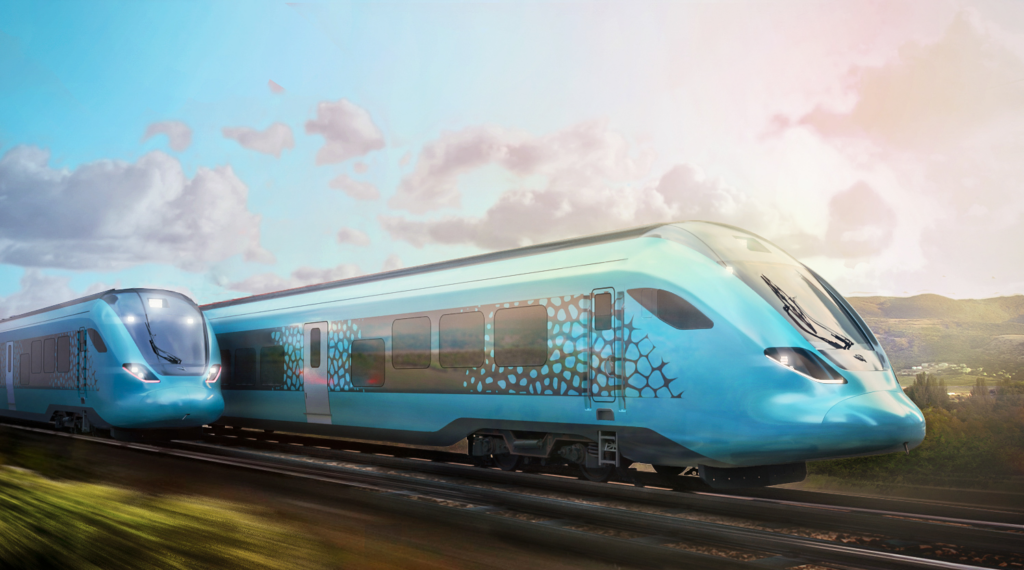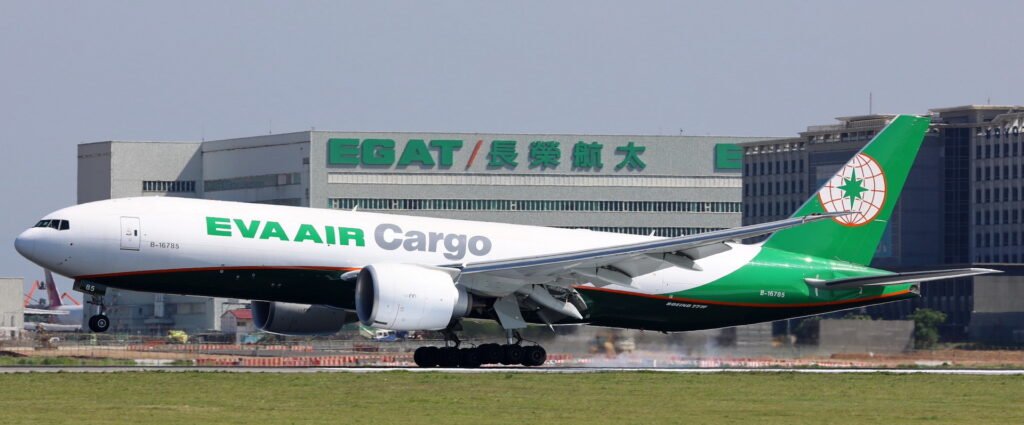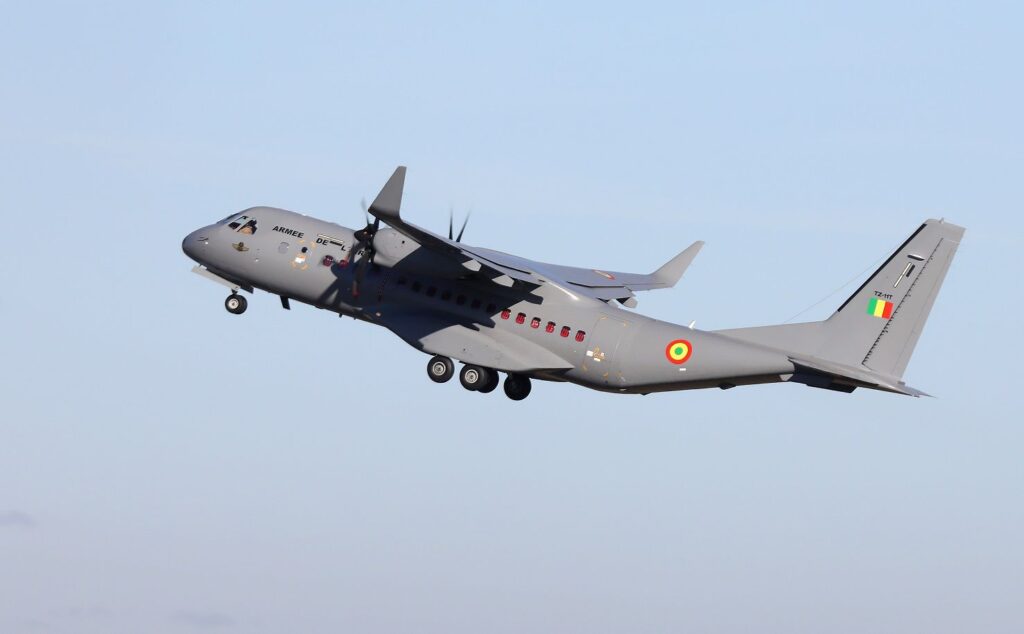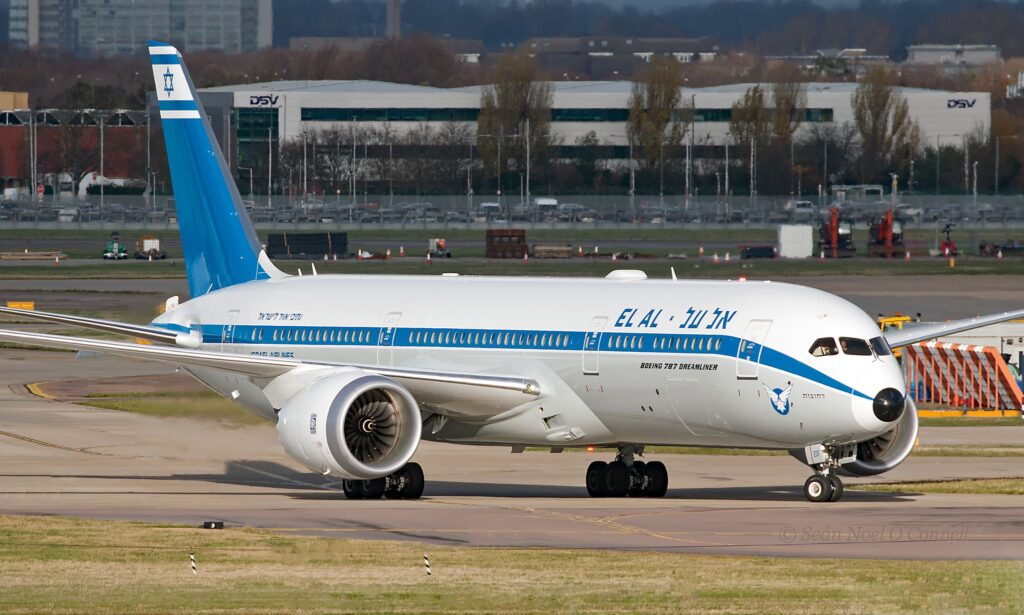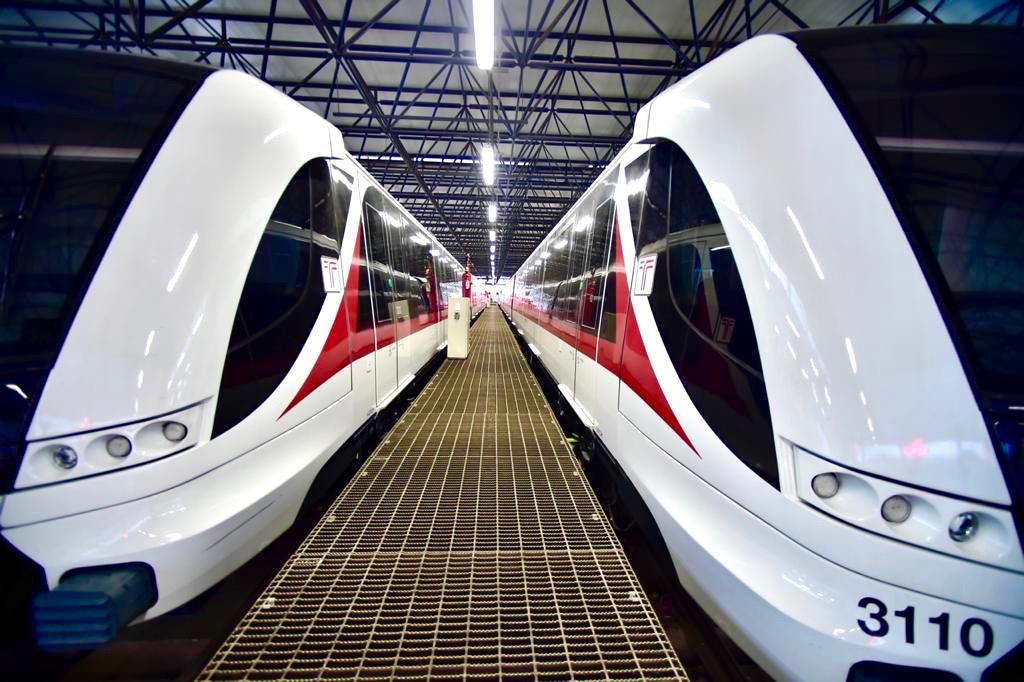Talgo Announces Hydrogen Train Will Be Ready In 2023
Talgo has announced the timetable for the manufacture and launch of its hydrogen train, a green, innovative and efficient alternative to replacing diesel engines, which will be ready in 2023. The train will be named Talgo…
